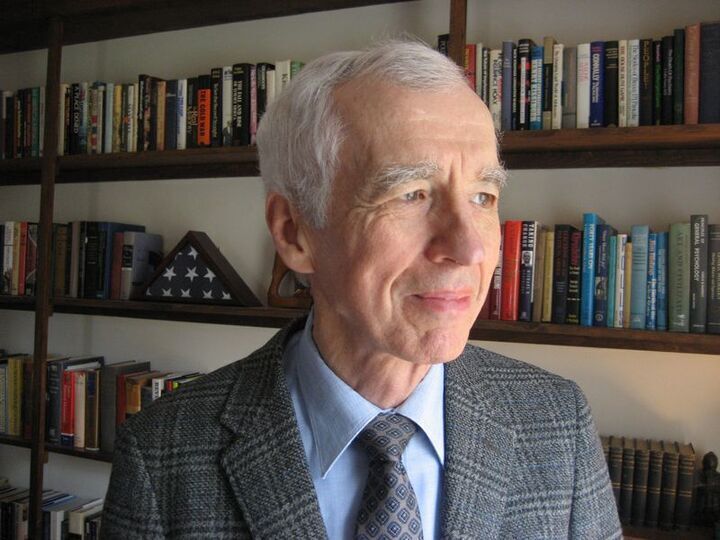
TEHRAN-TABNAK, Dec 25: – Professor Paul Pillar, who was CIA intelligence analyst for 28 years, says “Japan would hope that any constructive role it plays in getting a deal completed, and for which Trump would claim credit, would result in some return favors from Trump to Japan, especially on economic matters such as tariffs.”
“Perhaps Iranian decision-makers had Trump's comments back then in mind when raising anew the subject of Japanese mediation,” Pillar told Tabnak News Agency.
Following is the full text of the interview.
Q: Japan's Kyodo News Agency announced that Iran is considering Japanese mediation in behind-the-scenes negotiations with the next administration of US President-elect Donald Trump on the nuclear issue. What is your assessment of this issue?
A: The possibility of Japanese mediation came up five years ago, when Trump was in his first term as president and Abe Shinzo was the Japanese prime minister. At that time, Iran was less willing to talk to the U.S. administration--which had just launched its "maximum pressure" campaign against Iran--than it is now, but Trump said some positive things about possible Japanese mediation. Perhaps Iranian decision-makers had Trump's comments back then in mind when raising anew the subject of Japanese mediation.
Q: Given the Iranian government's willingness to talk to the Trump administration and some mediations, is it possible that talks between Iran and the US could begin sooner than expected?
A: It is possible, but there are uncertainties on the U.S. side. One concerns what Trump decides to focus on first as he seeks to get credit for reaching new deals. If he gives more attention to a ceasefire in Gaza or to the war in Ukraine, then serious negotiations with Iran (over nuclear matters, and possibly regional subjects other than Gaza) may have to wait. Another uncertainty is what sort of demands the U.S. would make of Iran. The list of demands that then-Secretary of State Pompeo declared during Trump's first term was unrealistic and not anything that Iran could agree to as a basis for negotiations.
Q: Japan has good relations with Iran and is an ally of the US. To what extent can Japan play a constructive role in this mediation?
A: To a large extent potential mediators are interchangeable, and Japan could help in ways similar to how the Omanis or Qataris could help. One way is through initial establishment of good communications, given the absence of a regular, direct channel of communications between Washington and Tehran. Then later, the mediator can suggest compromise formulas that neither side is prepared to suggest itself out of fear of showing too much flexibility.
Q: Oman and Qatar were previously considered mediators in Iran-US relations. What factors led Japan to assume such a role?
A: Japan would hope that any constructive role it plays in getting a deal completed, and for which Trump would claim credit, would result in some return favors from Trump to Japan, especially on economic matters such as tariffs.